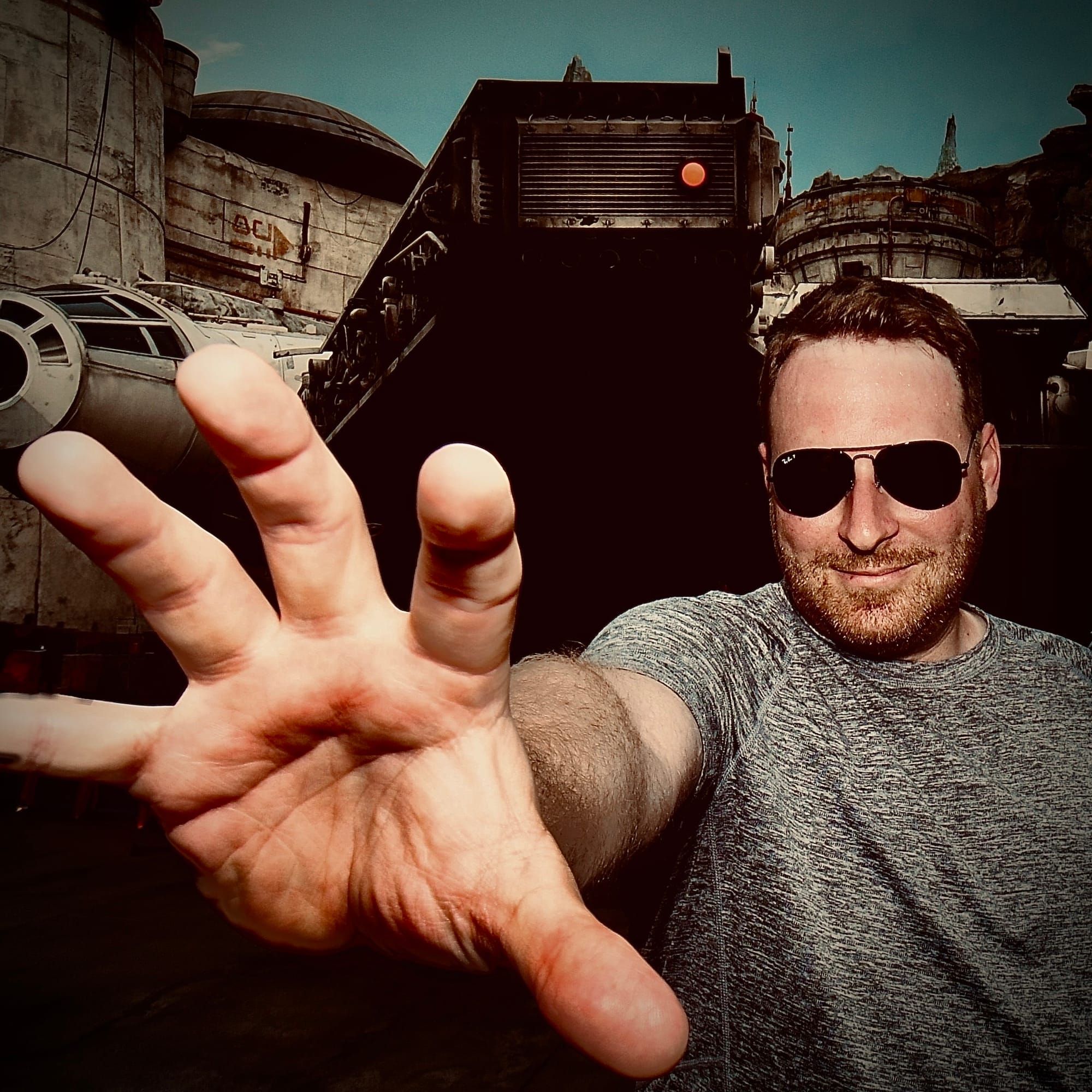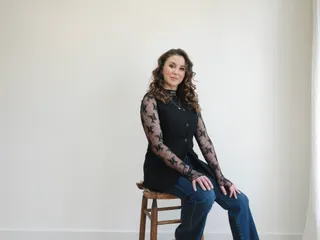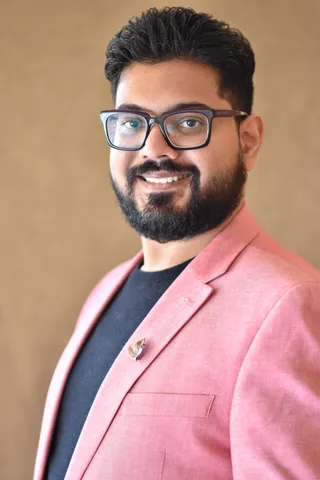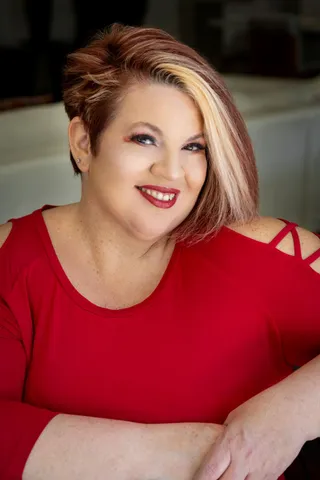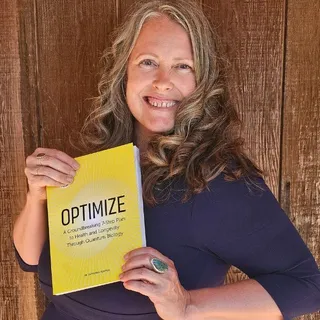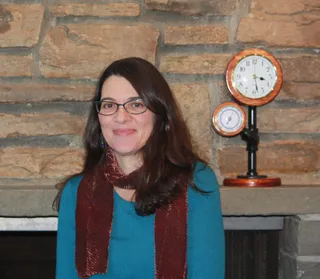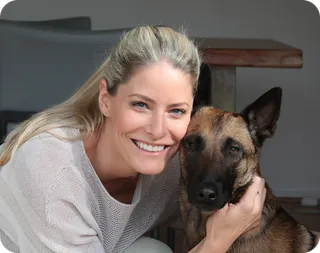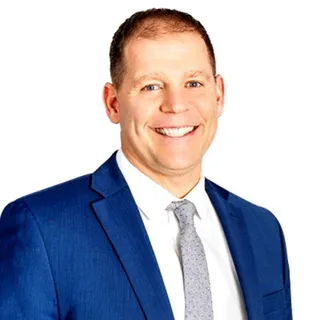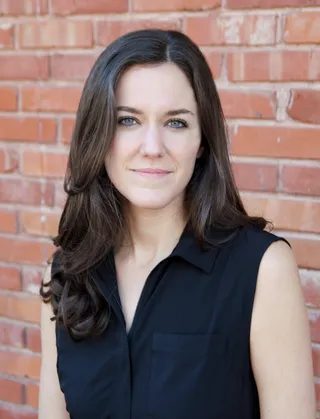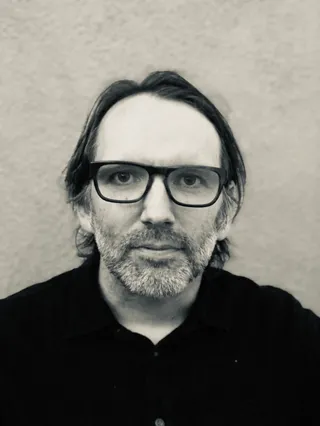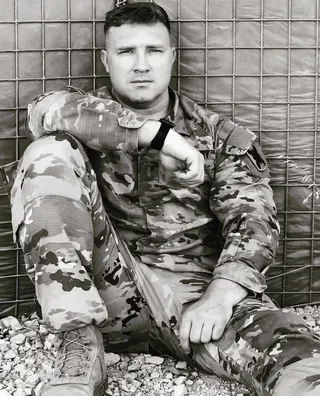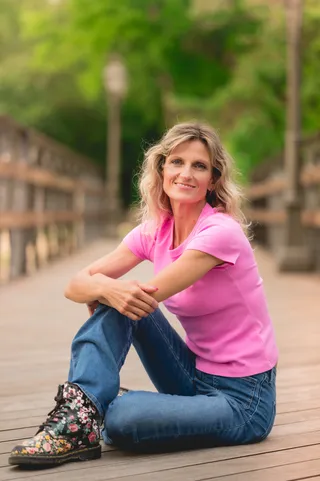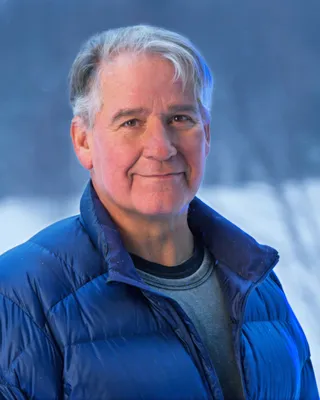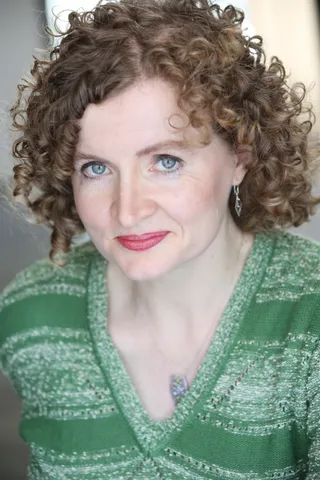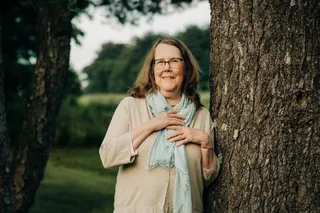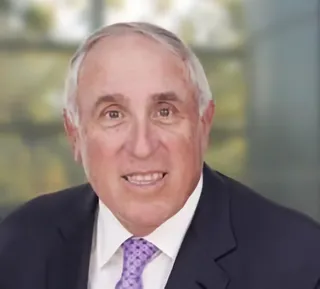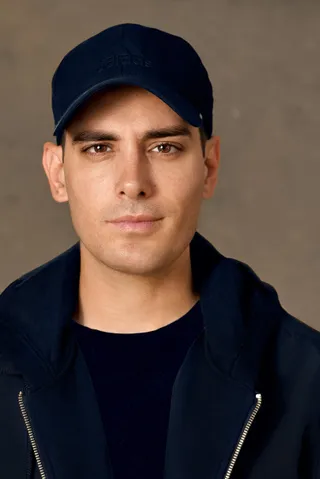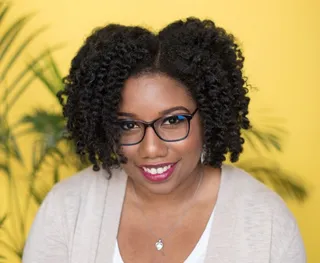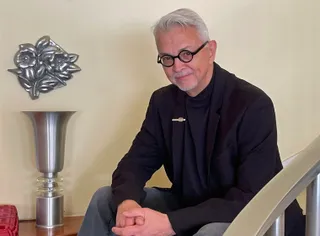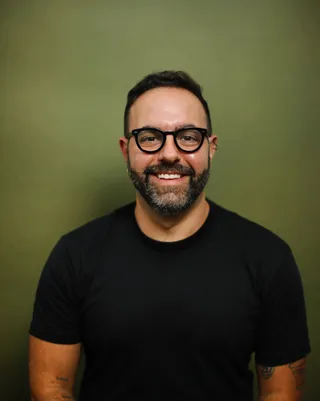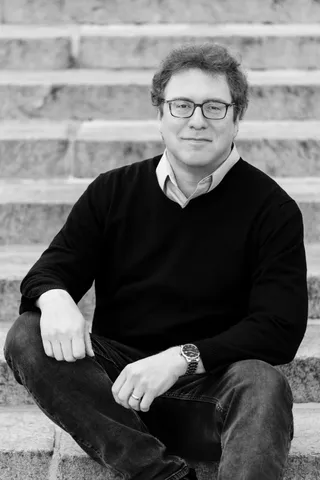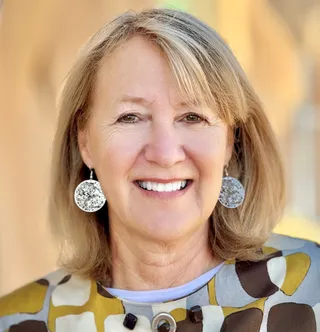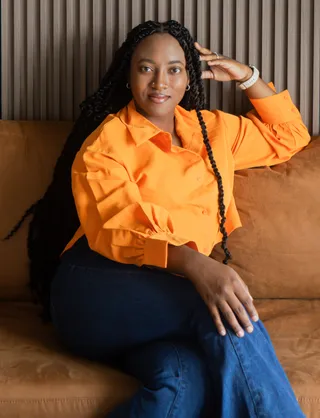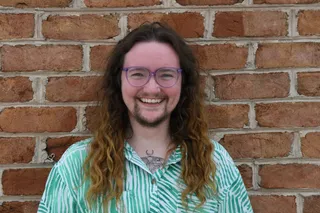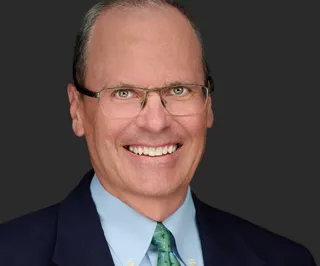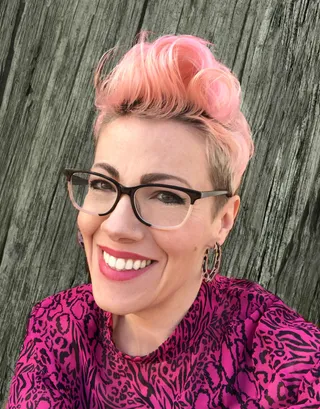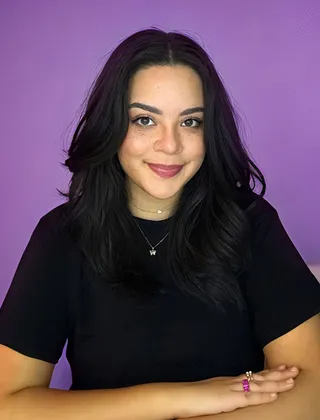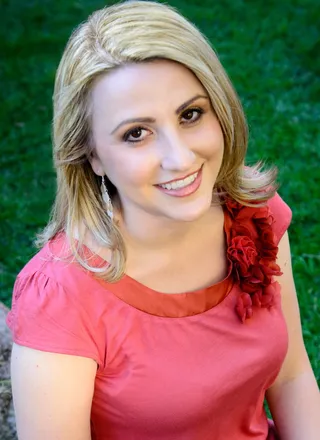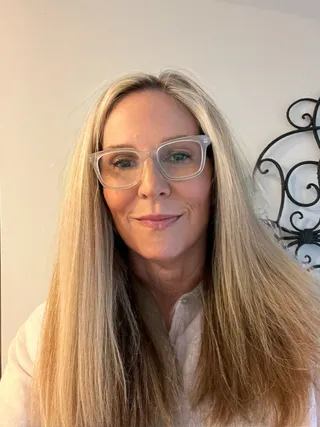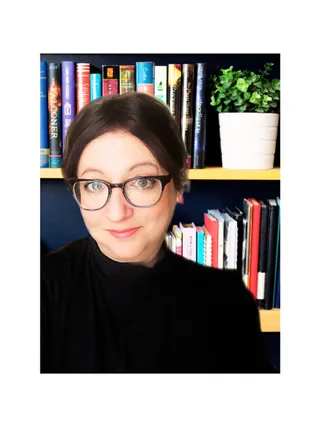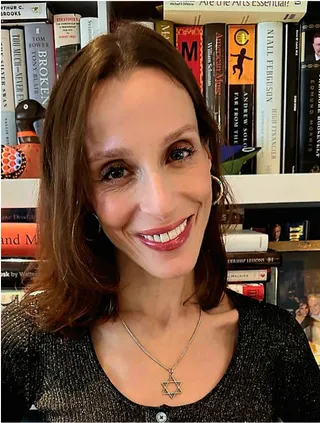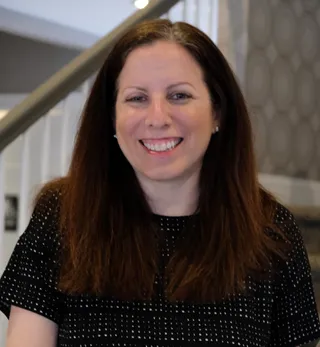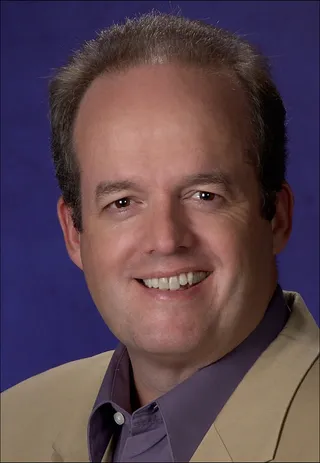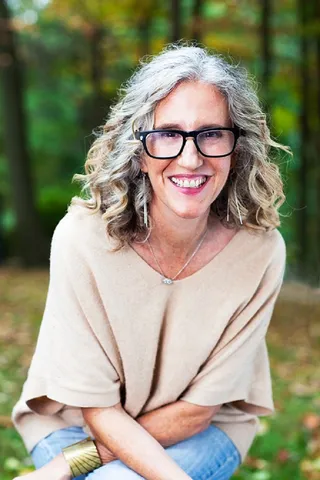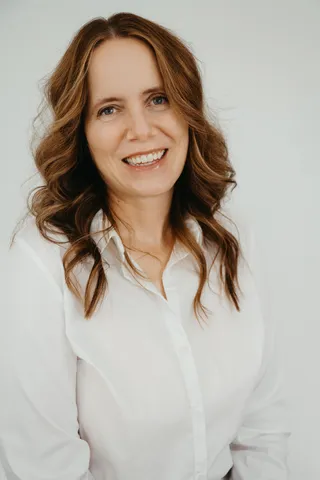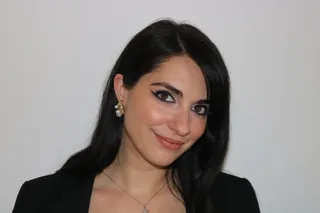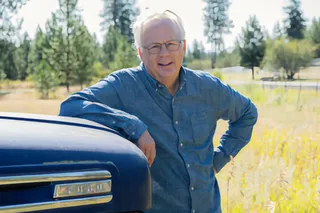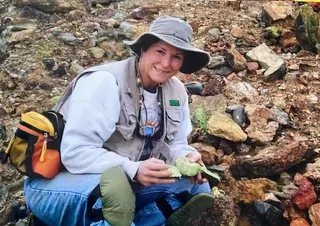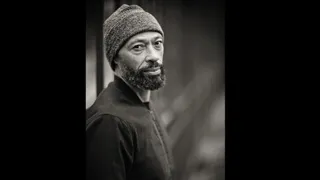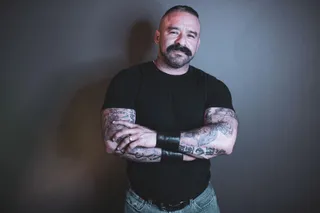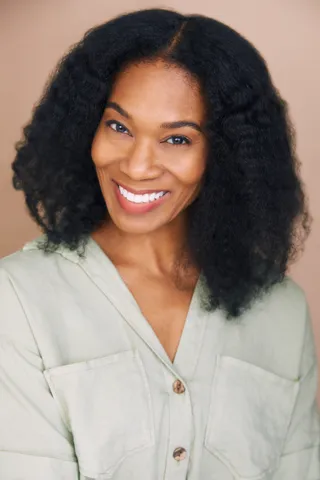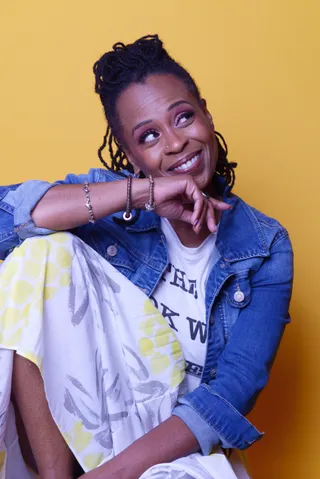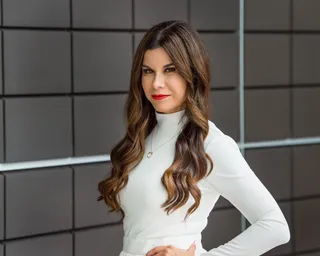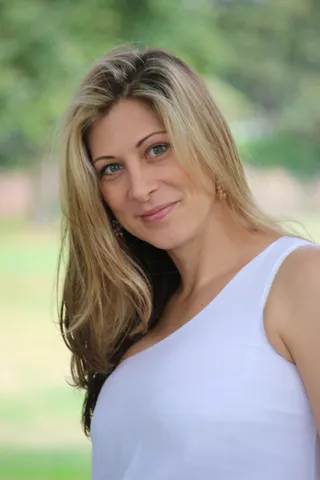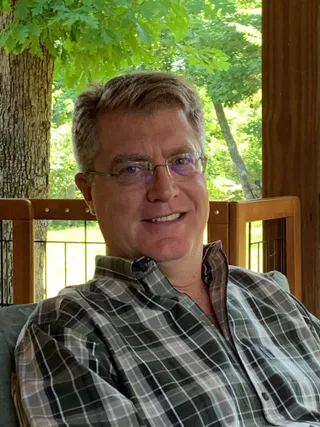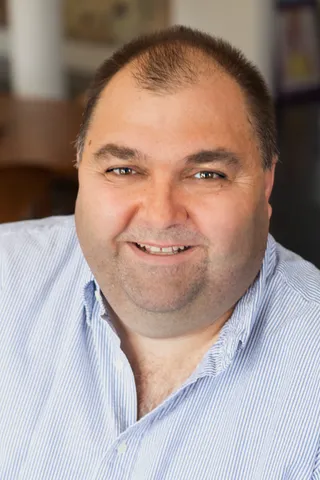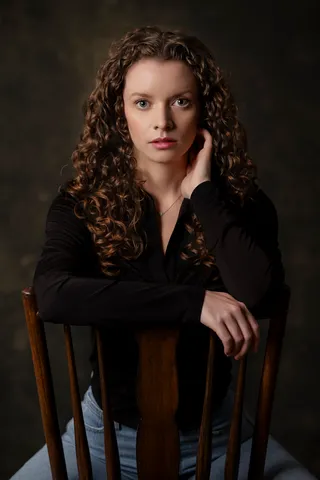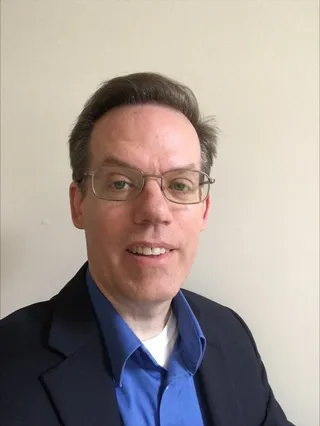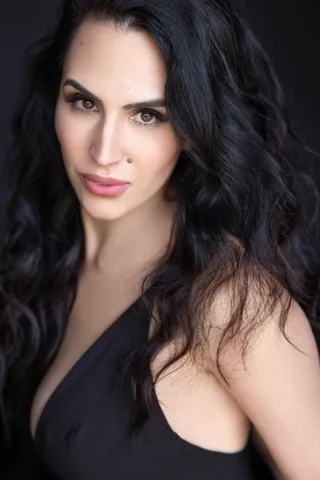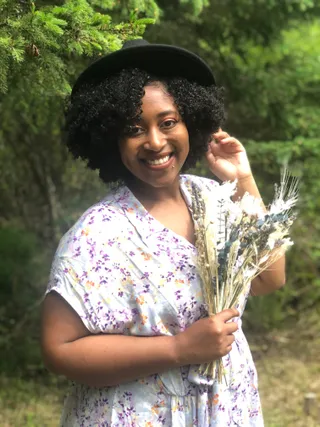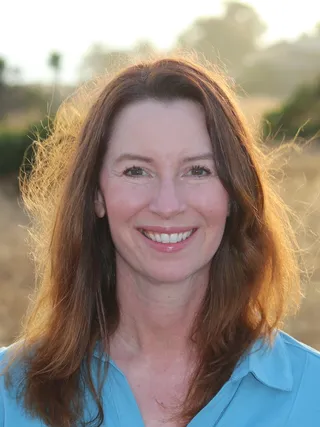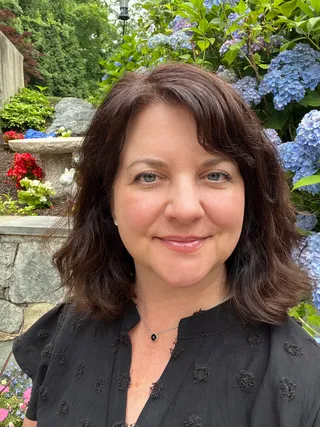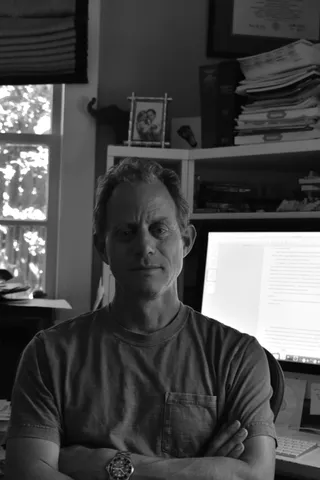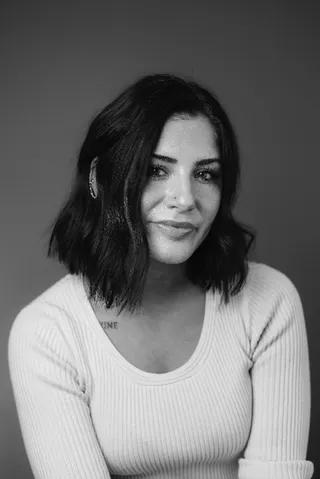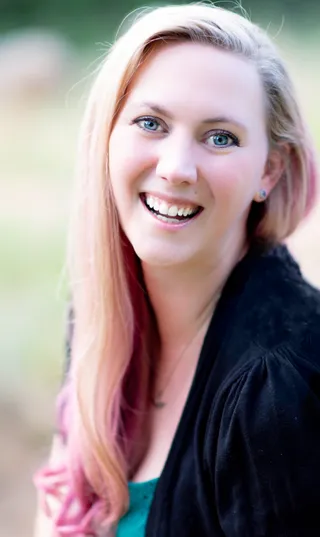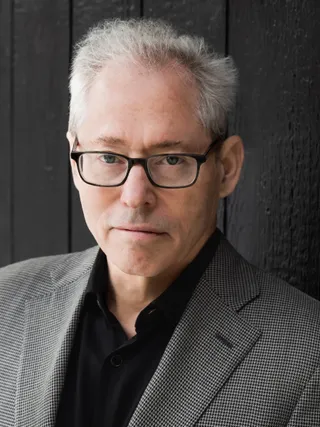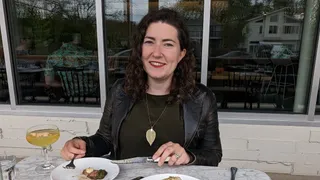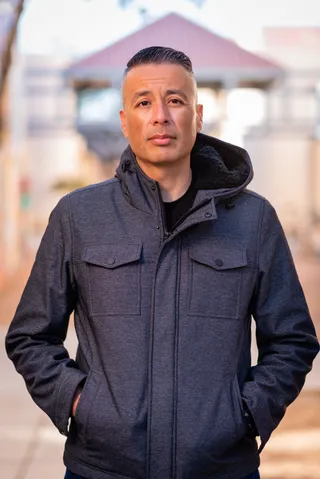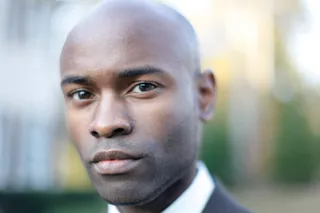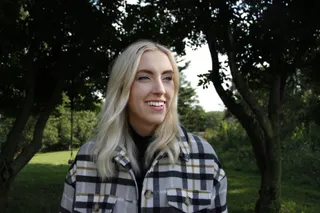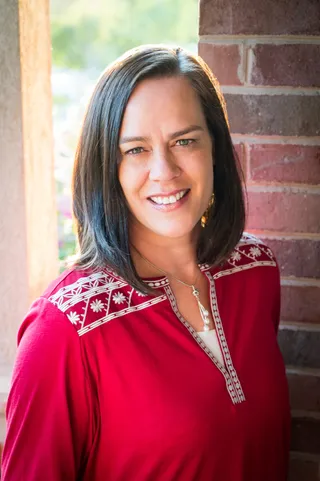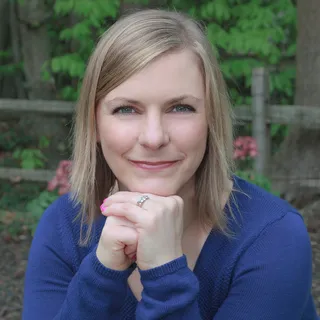Write Now with JD Mathes
Today's Write Now interview features JD Mathes, author of OF TIME AND PUNISHMENT.
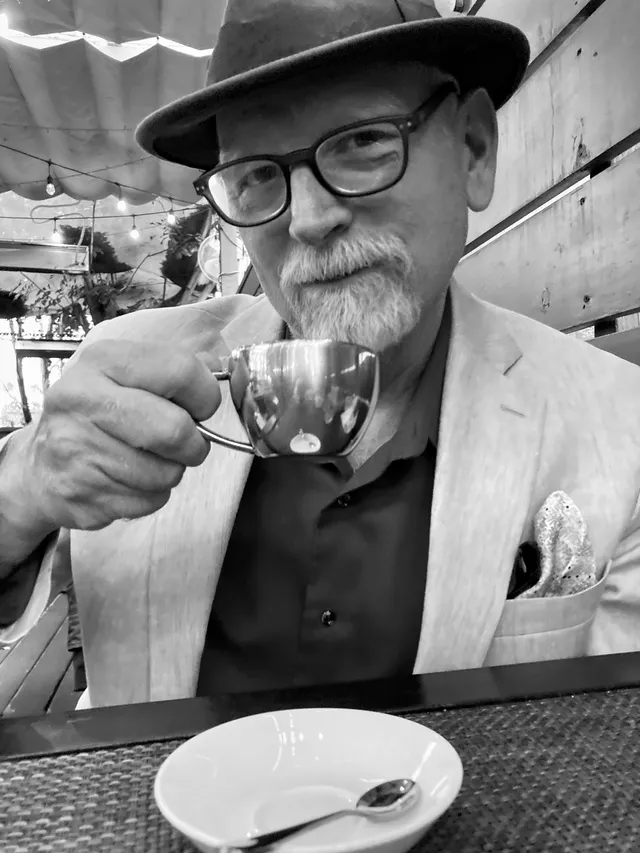
Who are you?
My name is JD Mathes I'm a writer, an artist, and a teacher. I’m based in Redlands, California in the Inland Empire east of Los Angeles. My memoir Of Time and Punishment was just published by SFA Press in October 2025.
What do you write?
I write in all the genres. I've published nonfiction literary essays, short stories, poems, book reviews and previews of plays, symphonies, and art shows, and features on people. My books include two memoirs Of Time and Punishment: A Memoir released October 28, 2025, and Ahead of the Flaming Front: A Life on Fire - awarded the North American Book Prize for Memoir, about my fourteen seasons fighting wildfire throughout the American West, including four years on an elite helicopter rappeler crew. My other books are Shipwrecks and Other Stories - awarded Honorable Mention Los Angeles Book Festival, an essay collection Fever and Guts: A Symphony, The Journal West: Poems; and Shipwrecks and Other Stories. I’ve also written and had produced three one-act stage plays, five short screenplays, one for Rehabilitation Through the Arts, and couple of features that we couldn't find funding, and a libretto that was a scored and staged in Philadelphia.
I’d always wanted to be a writer and pursued it haphazardly not knowing how to go about it. But when my first daughter Sophia was born. It had been a long arduous labor for her mother that ended in an emergency c-section. The nurse handed the infant to me after she’d swaddled her. Stunned by the emotional upwelling, I whispered Walt Whitman’s poem, “O Me! O Life!” over Sophia’s head in the darkened room hours past midnight, not knowing what else to do. Who knows what soft syllables lodge in an infant’s brain? For years, I’d wandered, confused without knowing it. What was it to think you knew what you were doing only to discover you had been living in a lie? Living someone else’s version of you? Years, I’d chased jobs and adventure, still believing I needed to go out and experience things to write. I was so busy experiencing I wasn’t writing and still felt no one would care about what I had to say anyway. It didn’t help I was still under the delusion that going to school for writing was a waste of time. Some failure of character, I’m sure. The baby in my arms broke my head open and shone a light in it. Epiphany, revelation, enlightenment, a sudden striking of consciousness. It was surely what the Buddhist heroin smuggler I’d known in prison meant when he said enlightenment will come when you’re not looking for it. It’ll just be there. Like the full moon. I vowed to return to college for writing. To be the man I was. I needed to do it for her too. How could I tell her it was important if I didn’t earn a degree? I was thirty-five.
I only write themes that are important to me, so avoiding them is like trying to avoid who you are. As far as words, I only use words in context to what I am writing about. I do write about prison, the military, and parts of society that speak in specific and unpleasant ways. Avoiding words for the sake of avoiding them would be dishonest to the narrative. I never use words for sensationalism or to insult or hurt people intentionally. I’m repulsed by this movement to use words that are offensive to make a political point, when the only point is to be racist, homophobic, transphobic, misogynist, and outright insulting.
Where do you write?
Because of the nature of my life, I've had to write in any kind of environments. When I was a wildland firefighter, after fighting fire for 16 hours, I’d get in my sleeping bag with a printed manuscript to go over by the light of a headlamp. For writing, I used Rite in the Rain notebooks, steno pads, or small Forest Service notebooks. I would use all the government issued pens, pencils, just whatever came to hand. When I worked logistics at Amundsen-Scott South Pole Station ink pens would freeze, so I wrote in pencil in a small notebook that would fit in the front of my coveralls. Although I will use any writing utensil, I now love to use a fountain pen which is something I never thought I would. I was starting this project when I turned 60 to write every day or almost every day in my journal. I had been inspired by Patti Smith, Czeslaw Milosz, Lawrence Ferlinghetti, and many others. I wanted the best pen I could write with and felt good. I’d been reading Doctor Oliver Sacks's work he mentioned how much he loved writing with a fountain pen. He was the kind of person I thought would write with the fountain pen, a professional like a doctor, lawyer, banker, you know rich folks wrote with fountain pens or good poets. My wife had bought me a fountain pen for book signings, so I decided to start writing with it long form. I loved it. I loved it so much, I bought two more and bought some for my wife and daughters. Because I was a horrible typist, I’d always written out everything in longhand on legal pads. When word processing software came along, I started typing from the legal pads until I eventually only wrote on paper to capture ideas or write passages when I was out in the field without access to a computer. But now, I’ve come back to writing longhand in legal pads or in journal notebooks. It has a different creative quality for me. I still have an array of journals. I have a pocket notebook, and I have my my space pen in my pocket ready to. Technology as far as apps go, I will say that I use the dictation into documents for interviews and when I drive. I also use voice memos when I'm driving and then transcribe it later. Although I still do this when I drive, I’d write on a steno pad on my knee. I picked this up from my firefighting days. Working in helicopters, we kept our steno pads on our knee like the pilot used because we're busy flying over a fire, we're using the radio, observing the fire from the air and taking notes about current fire size, behavior like rate of spread, fuel types, terrain, local weather, what other resources we might need, escape routes, safety zones, landing zones, roads and we're just jotting this down while you're flying the fire. So, when I drove long distances, I’d write poems while I was driving.
My current writing environment is in the kitchen because that's the only place we have to put it. Throughout my life I've written in kitchens and dining room tables, on couches, and on the patio because that's what I had to do. I also have a small writing desk in the garage with noise cancelling headphones when I really need to get away from the hubbub of the house. I've always liked writing in coffee shops and restaurants and at libraries. Lately, I’ve been writing on the train from where I live to Union Station in Los Angeles. It's about a 2 1/2-hour train ride one way. I just sit on the train as the world goes by, and I'll have my iPad out or my notebook and I just revise and rework and write and read. Sometimes I'll get off in Los Angeles and walk around or go see an art gallery or museum, visit The Last Bookstore, or the library downtown where Jon Fante and Charles Bukowski found inspiration. It's lovely. The rhythm of the rails that inspired Gershwin to write “Rhapsody in Blue” There's something about that for me too, being in motion. Like when I’m struck with ideas and write them down in my notebook while I'm walking about. On the train, it’s one steady motion forward. The rhythm and the sounds and the world going by and there you are creating. It's beautiful.

When do you write?
With trying to make a living and teaching and writing freelance work, I get up in the morning and I and do what needs to be done. Some mornings, I'm waiting to do an interview, so I write in the afternoon or in the evening or late at night like when I was a single dad. I prioritize assignments from editors and my teaching. But when I'm writing like on my novel, I write whenever I can. Lately with my book publicity for my memoir on top of teaching, it's been hard to get back to it. But I've been writing in my notebooks whenever I have some ideas or scenes I need to get out on paper because it's been percolating in my unconscious. When I am working on the novel, putting it in the Word document, I set my goal of at least one clean page before moving on with the time I have. That can stretch to two pages because of adding and cutting and revising that one page. I used to just write write write and don't look back until I got to the end and then went back to start revising from the beginning. I found I had gaps, and it became tedious and I’d miss something within the framework as a whole whereas if I do it one page at a time it's easy to go back and make changes earlier in the draft as the narrative develops. Sometimes, if I have the time, I can do four or five pages in a day that way but until that one page is ready, I don't go on to the next one. I know I'm going to go back and revise the whole manuscript and make sure it all makes sense, has clarity and continuity and all the good things you like from the novel, but when I do, I know every page is well done and connected to the others as it unfolded in the first draft. That's kind of a new thing for me and it's working as far as I can tell.
Why do you write?
Since I was a little kid, I wanted to have my name on the book. I grew up reading all the regular kid books and my dad had me reading authors from Robert Heinlein and Bertrand Russell to Carl Sagan and Tolkien before junior high. I loved the idea of having someone read one of my stories and enjoy it the way those writers did for me. As a curious reader, all these kinds of stories revealed something and had underlying ideas I loved thinking about. What I discovered was that in writing and exploring themes/issues/subjects, I was able to find deeper meaning and understand the world better. Writing helps me to satisfy my curiosity. In the end, though, I want to leave a legacy that isn’t for me, because I'll be dead and I won't care. It’s for my family and my daughters. They can look back and say my dad did this. But moreover, there is this notion of adding to the cultural conversation, and the possibility what I’ve written might mean something to someone years from now. I find motivation in that purpose too. To quote Walt Whitman – “That you are here—that life exists and identity, / That the powerful play goes on, and you may contribute a verse.” It is an opportunity to bring meaning into a world that can feel senseless. I think it's mortality that fuels me. Some existential drive, a primal emotion like the cave painters 45,000 plus years ago arises out of me to create meaningful art that might last. It won't by all odds, but I’m comfortable with living in that unknown.
How do you overcome writer's block?
For most of my life I've never believed in writer's block I believe like E.B. White said successful writers just show up. Writer’s block can become an excuse to not write. To be clear that's a different kind of thing than having a narrative problem you need to think about or some characterization issues or stilted dialogue. That’s not writer’s block. You're still working and it is part of the process. Take a walk think about it, trust the process, be in the unknown for a while. It's all good. But then something happened. I discovered, because critics pointed it out, after I published one of my books that my punctuation and grammar sucked. I had issues with what I call comma blindness and tense blindness because I would switch between past and present tense kind of like telling a story when I stood on a fishing dock when I was up commercial fishing. I've always been good at telling stories, but it seemed writing them correctly was another story. This created an anxiety in me. I would write things, but then I wouldn't send stuff out because I'd be going over and over and over and over it. Then when I started doing freelance work I would send stuff to other people that were previewing their shows or writing about them and I’d have this huge weight hanging over me that they were going to find errors and they’d think I was an imbecile or worse, a poseur. It’s weird because I see it in other people's work. I've been a teacher. I can read a student’s writing and spot their patterns of error. It would block me in the sense that I had so much anxiety and tension I would avoid writing until my deadline was near and when the deadline arrives my old work ethic instilled in me kicks in and I get the job done.
But so other than deadlines how do I cope with it? When I'm in a funk I do those classic things like read books, which I do, but sometimes I just need to be completely disconnected. So, I binge watch sitcoms, here's me watching 30 Rock or The Middle or some kind of show like that which I love. I mean sitcoms are my jam and they're my go to right when I’m in need. I also sit in coffee shops and stare out the window at life going by or listen to music. I started painting and so sometimes painting or going out and shooting photography helps. It's working through that mental space and understanding I need to keep writing even if it’s going to be crap because I know I need to do the hard work and if the story is good enough, people will help me with me comma/tense blindness it in the end. While I’ve worked with some horrible editors, most of them are the best people you’d ever want to help you with a manuscript. I've had the good luck to work with many wonderful editors. And that helps me to carry on most of all.
Bonus: What do you enjoy doing when not writing?
I enjoy going to museums and galleries and Angel City Football Club games. I also like watching documentaries and sitcoms. I just enjoy going for walks with my wife and dog. Hikes sometimes, you know get on the old backpack and go, just wandering about. I enjoy exploring. I enjoy being in motion in the world.
My thanks to JD Mathes for today's interview.

